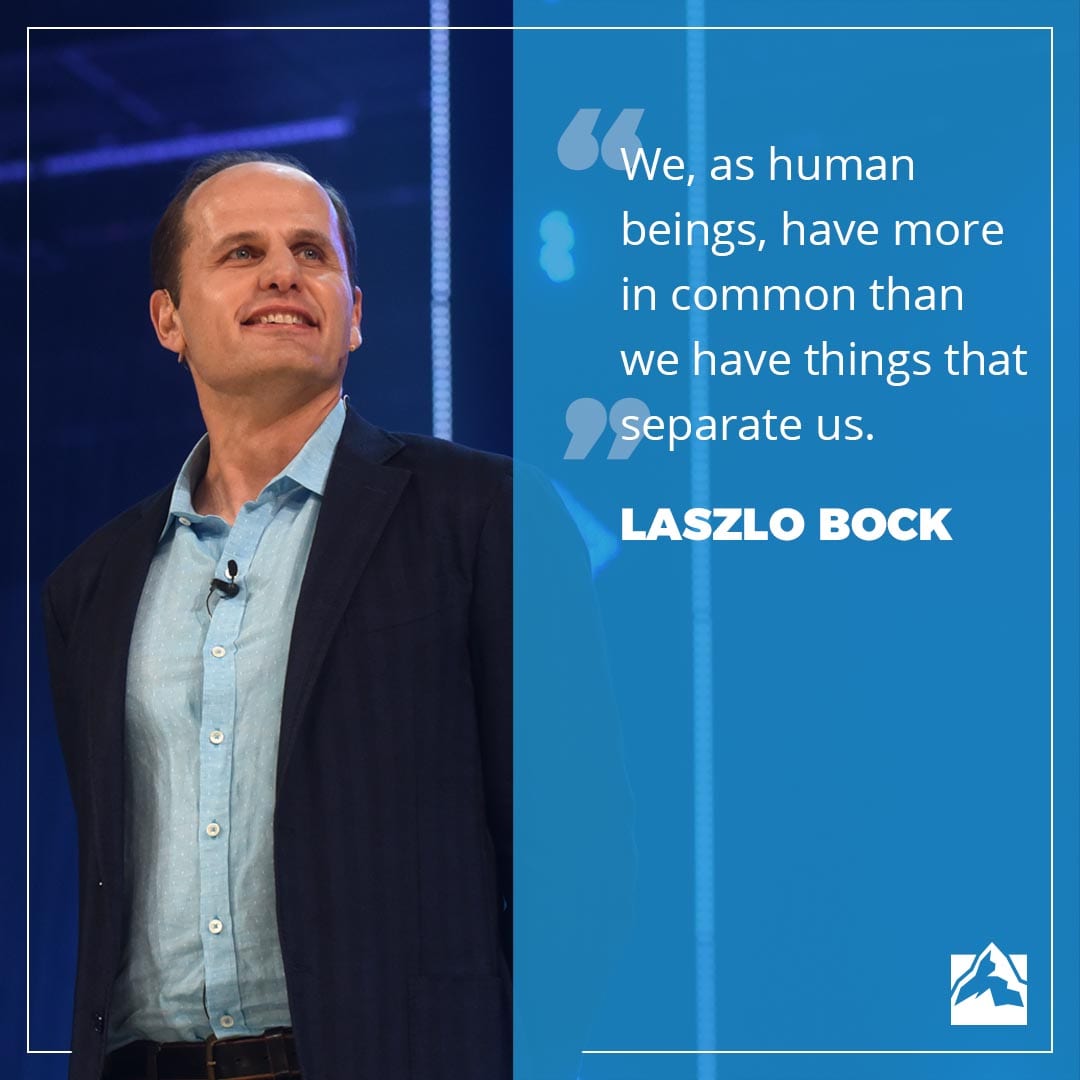
We, as human beings, have more in common than we have things that separate us.

We, as human beings, have more in common than we have things that separate us.

“People who achieve their potential do so because they invest in themselves every day.”
― John C. Maxwell
Robert Gelinas—Released on June 5, 2018
Craig Groeschel—Released on August 21, 2018
Simon Sinek—Releasing on October 16, 2018

Bryan Stevenson—Releasing in September, 2018
Brené Brown–Releasing on October 16, 2018
Andy Stanley–Releasing on September 18, 2018
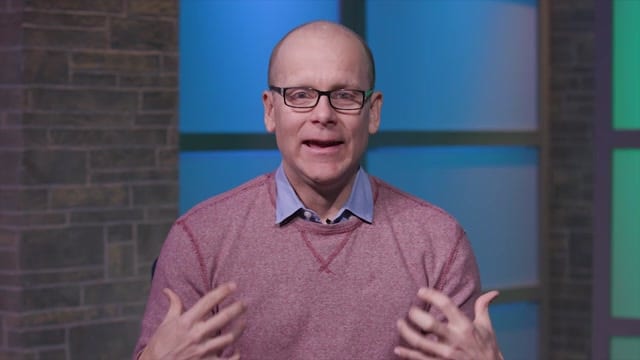
Brad Lomenick discusses the necessary mindset when collaborating with other teams or organizations.
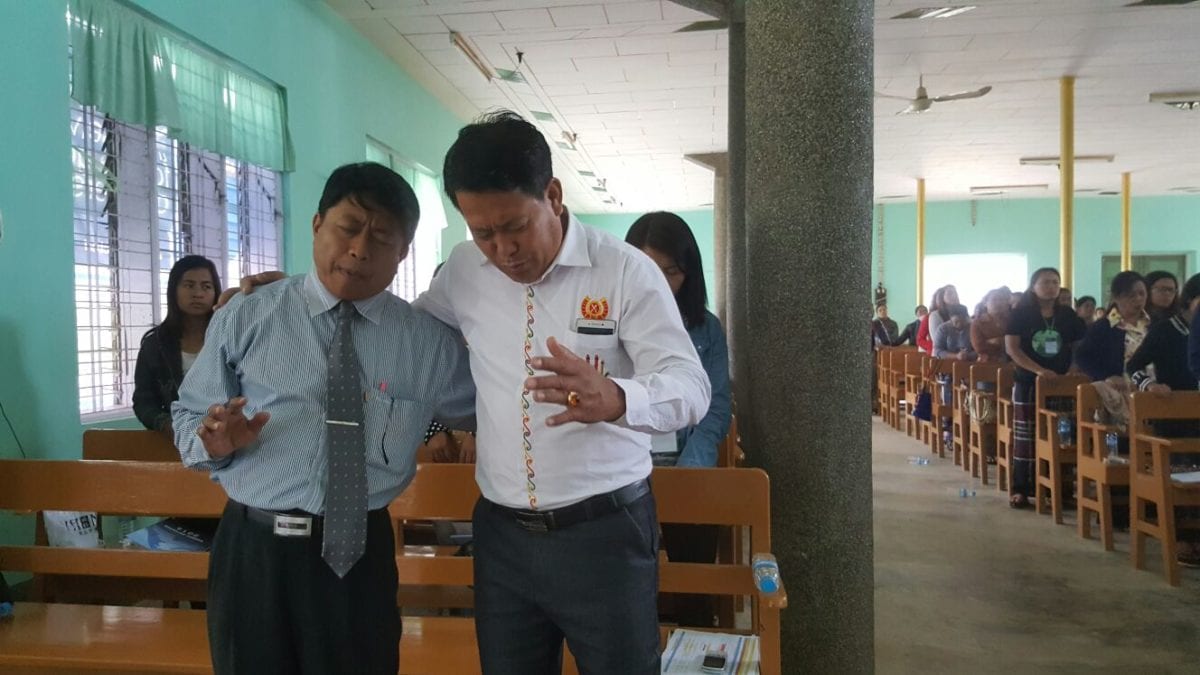
Every Tuesday and Thursday morning at 8:30 am CST, our staff gathers together to pray for our partners across the globe.
Please join us in prayer as we lift up the international Summit events happening this weekend. Pray for God’s anointing on every detail and that those who attend would leave feeling equipped, inspired and encouraged to lead the change they long for in their communities.
And if you have a prayer request, please share it with us. We would be honored to pray with you!
Yangon, Myanmar

Leadership is so vital in this country. The GLS has brought so much transformation. So we want to thank you for praying. We hope you continue to pray. We know there are a lot of things God has in store for Myanmar, and we hope to see this coming into play.
Imphal, India

The need in India is great. We see God using the GLS in a great way. And we really want to thank you for praying so we could make a change in our country, and so our leaders could have a greater opportunity for change. Our churches can have incredible influence because of your prayer.
Vietnam
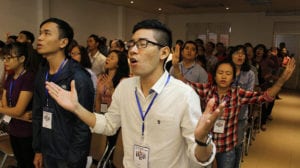
Thanks to the conference held by the Willow Creek Community Association, I have an opportunity to learn many valuable lessons. I believe the conference brings an abundant source of valuable lessons to transform our spiritual lives. God bless you. Thank you for praying for the leaders of Vietnam.

As a pastor, I rely on many of the leadership lessons I’ve learned from The Global Leadership Summit, from personal study and from my 14 years as a policeman. But I’ve found the principles I use most often are the ones I learned while training in improv at The Second City in Chicago.
Kelly Leonard and Tom Yorton, authors of Yes, And: How Improvisation Reverses No, But Thinking and Improves Creativity and Collaboration—Lessons from The Second City, describe how improv skills help in business. I want to extend their wisdom into the church.
At Windy City Church in Chicago, we start our staff meetings by reviewing key principles of improv and we have seen a dramatic improvement in how our team functions.
Saying yes doesn’t mean agreeing to whatever anyone says, or that you necessarily like the idea. It means you are willing to explore where the idea takes the group.
At its core, improv is a collaborative process. When people on our teams offer an idea, as leaders, we need to respond with a yes. “Yes” affirms the members of your team and makes them feel their contribution is valued. “Yes” gets the ball rolling and the creative juices flowing and leads you into new areas.
Saying yes doesn’t mean agreeing to whatever anyone says, or that you necessarily like the idea. It means you are willing to explore where the idea takes the group. Even if the project isn’t green-lighted, you may find a path you never would have seen if you hadn’t started with, “Yes.”
That’s how Windy City came to host the Global Leadership Summit. It’s a stretch for all of us, but we said, “Yes,” and now dozens of people will be visiting our church for the first time and people who have never served before will be volunteering.
To be truly effective, every “yes” needs an “and.” In improv, “yes” without the “and” is not a collaboration. It’s a one-person show with another person standing next to them. The scene can only go as far as one person’s imagination, thought, experience or energy can take it.
As leaders, we like people who say, “yes” to us because it means our idea wins and our egos thrive. However, it can kill our organizations. “And” establishes a culture of contribution and creativity.
Someone in the course of “and-ing” will lead you to find the piece of the idea that invokes excitement; the core that moves people. “Yes…but” is easy. Finding flaws and identifying potential problems is a necessary part of the conversation. “And” means people will work harder because they are part of the process. Everyone on the team is expected to play. Everyone should feel the freedom and responsibility to contribute. Even when it is your idea, give your team room for, “And.”
Everyone on the team is expected to play. Everyone should feel the freedom and responsibility to contribute.
If an actor makes a mistake on stage, you don’t end the scene. You don’t storm off. You don’t interrupt the scene to recite other rules of improv to them. You don’t look at the crowd and call attention to the mistake and let everyone know that it wasn’t your fault. In that moment, you save the actor because the person is more important than the production. They will still be on your team after the current project ends, and if you don’t have their back, they won’t trust you.
Your people need to know they can trust you, which means taking risks without fearing you will throw them under the bus the first time they make a mistake. Or the second time. Or the third.
The uncomfortable truth is that, as leaders, we don’t always want others to look good. We don’t want to be overshadowed in our own organization. We demand that they make us look good without understanding that when they succeed, we do look good!
Chris Brown gave a compelling talk at the Summit in 2013 about Saul and David. As king, Saul led people to a great military victory, but David’s exploits stole the headlines. Instead of looking for a way to keep David on his team, Saul’s wanted to keep the spotlight on himself. It caused him to lose his best people and eventually his organization. When we worry about making sure we get all the credit or that no one overshadows us, we could lose our best people and ultimately come off looking far worse.
A night at the improv where the players are following these rules is fun for everyone and a pleasure to experience. But when they don’t, it is more like a horror show. The same is true for our teams. Put these rules of improv to work for you and your team will thrive.

In Uganda 16 mothers die every day in child birth. This is a tragic statistic, but The Global Leadership Summit has paved a way for hope in this situation.
A parliamentarian who attended the Summit in Uganda invited our Summit team to talk to health workers in their district. Using the Summit materials, we talked about adding value people, the 5Cs of expanding your leadership capacity and work ethic. At the end of the day, there was an outpouring of repentance in the room and we prayed for them.
One year later, the health workers have become more efficient and the maternal deaths are slowly going down. Now the other districts are calling us for these Summit teachings because of the results they have seen. Praise God!
Let’s help change the story of maternal deaths and enable mothers to proudly go home with their bundles of joy!
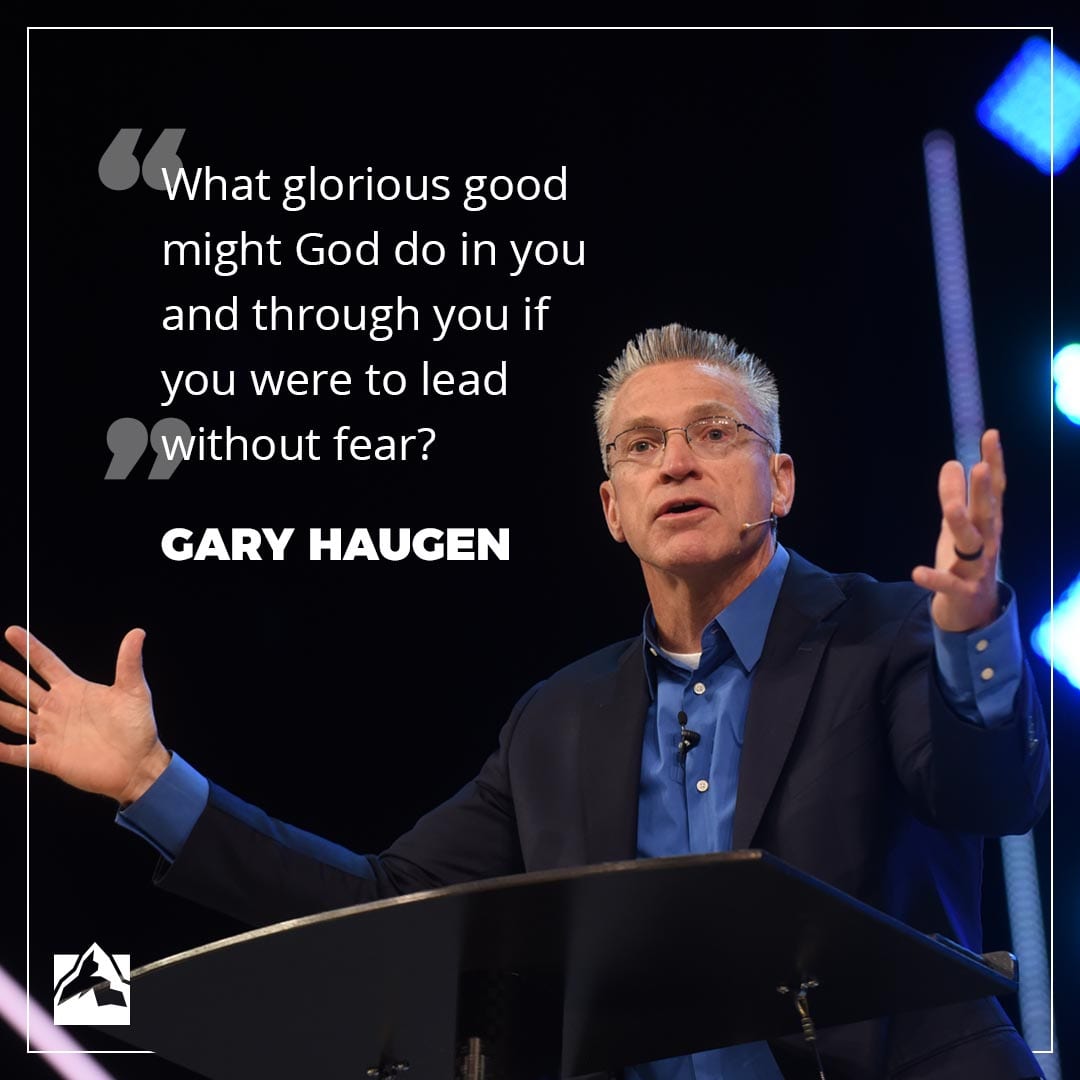
What glorious good might God do in you and through you if you were to lead without fear?
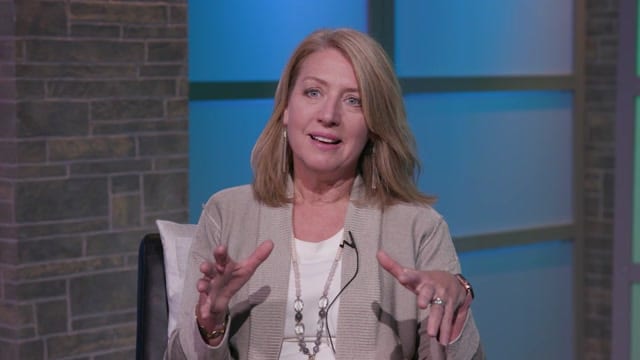
Liz Wiseman talks about the characteristics of multiplier leaders and how they empower the people on their teams.
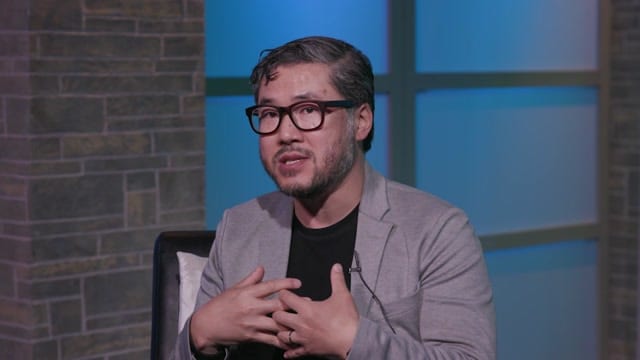
Eugene Cho explains why authenticity is a foundational skill for leading others.

Get free, instant access to GLS Podcast Episode Show Notes. Leverage episode summaries, key takeaways, reflection questions, resources mentioned, related links and applicable downloads, including Show Notes PDF and Episode Audio File (MP3).
If you are in the midst of a difficult conversation, this episode of the GLS Podcast is a can’t-miss! Sheila Heen’s research unearthed the three common layers that exist in every difficult conversation. In Part 1 of this interview (Episode 031), Sheila unpacked the “What Happened? Conversation.” In this episode, you will learn about the “Feelings Conversation” and “Identity Conversation.” Get equipped on how to turn your difficult conversations into productive and authentic exchanges.
Difficult Conversations
Thanks for the Feedback
Sheila Heen
Triad Consulting Group
Harvard Law School
Jeff Lockyer
Southridge Community Church (ON)
The Global Leadership Summit
“We welcome and encourage comments on this site. There may be some instances where comments will need to be edited or removed, such as:
If you have any questions on the commenting policy, please let us know at heretoserve@globalleadership.org”
Recent Comments